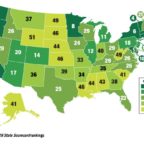
It has been a dynamic year for energy efficiency, with a mix of often competing forces at the national and state levels. In states including Virginia, New York, and New Jersey, policymakers unveiled plans for increased investment in clean energy and energy efficiency, driven in particular by concerns regarding climate change. Some states, in response to a possible loosening of federal vehicle and appliance standards, worked to keep efficiency standards in place at the state level.
View this complete post...











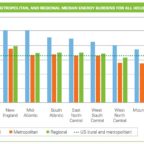
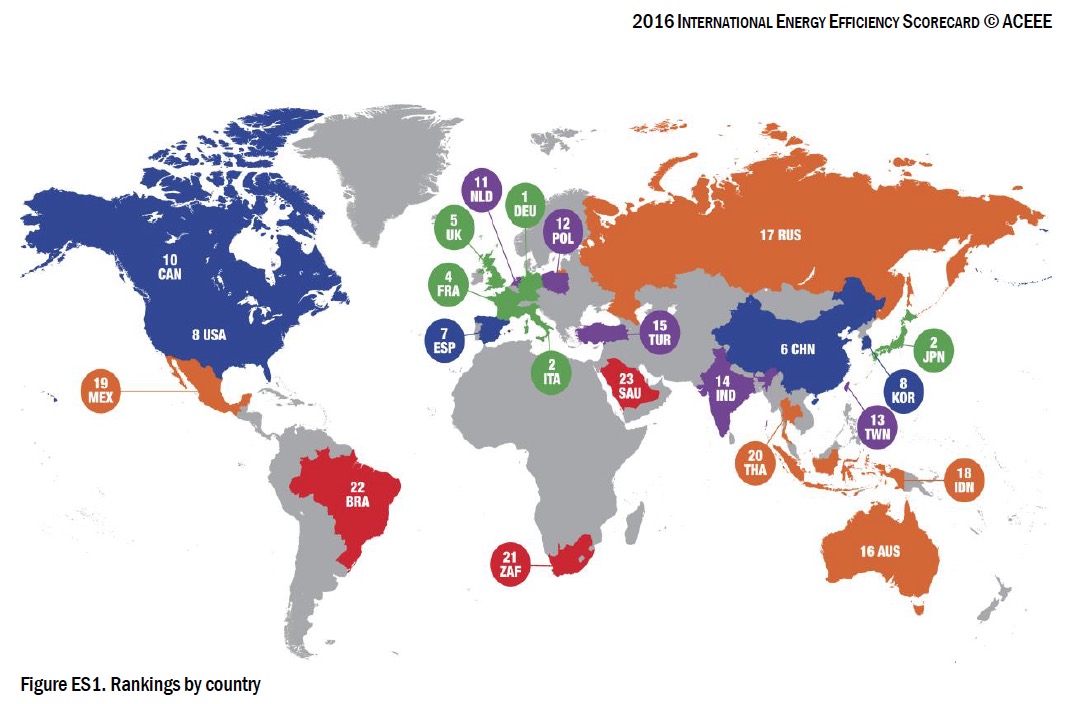
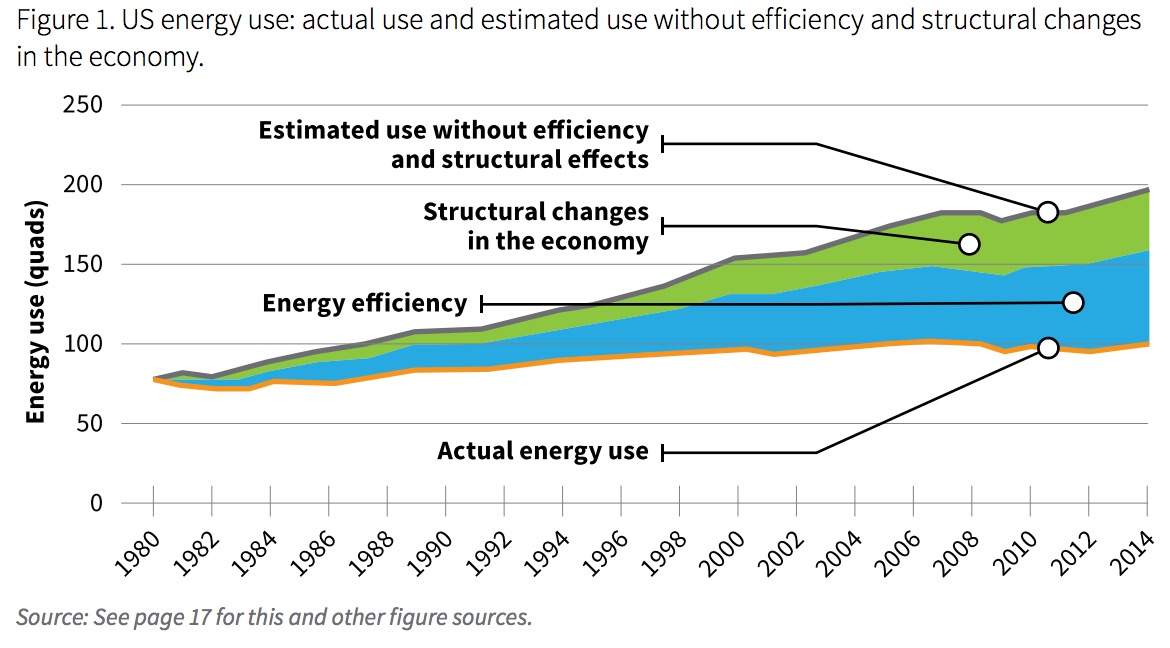
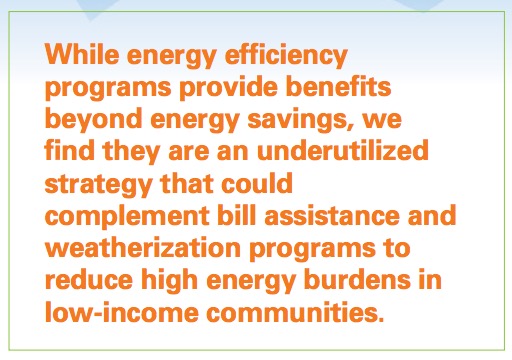
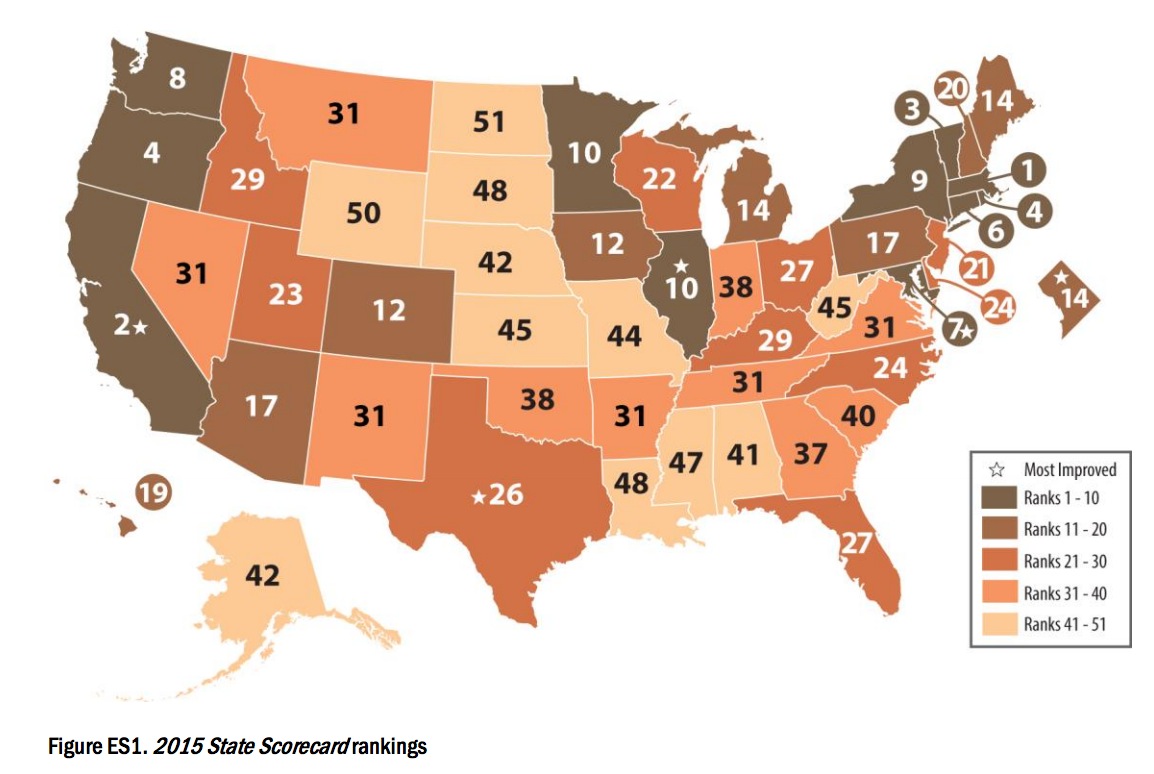
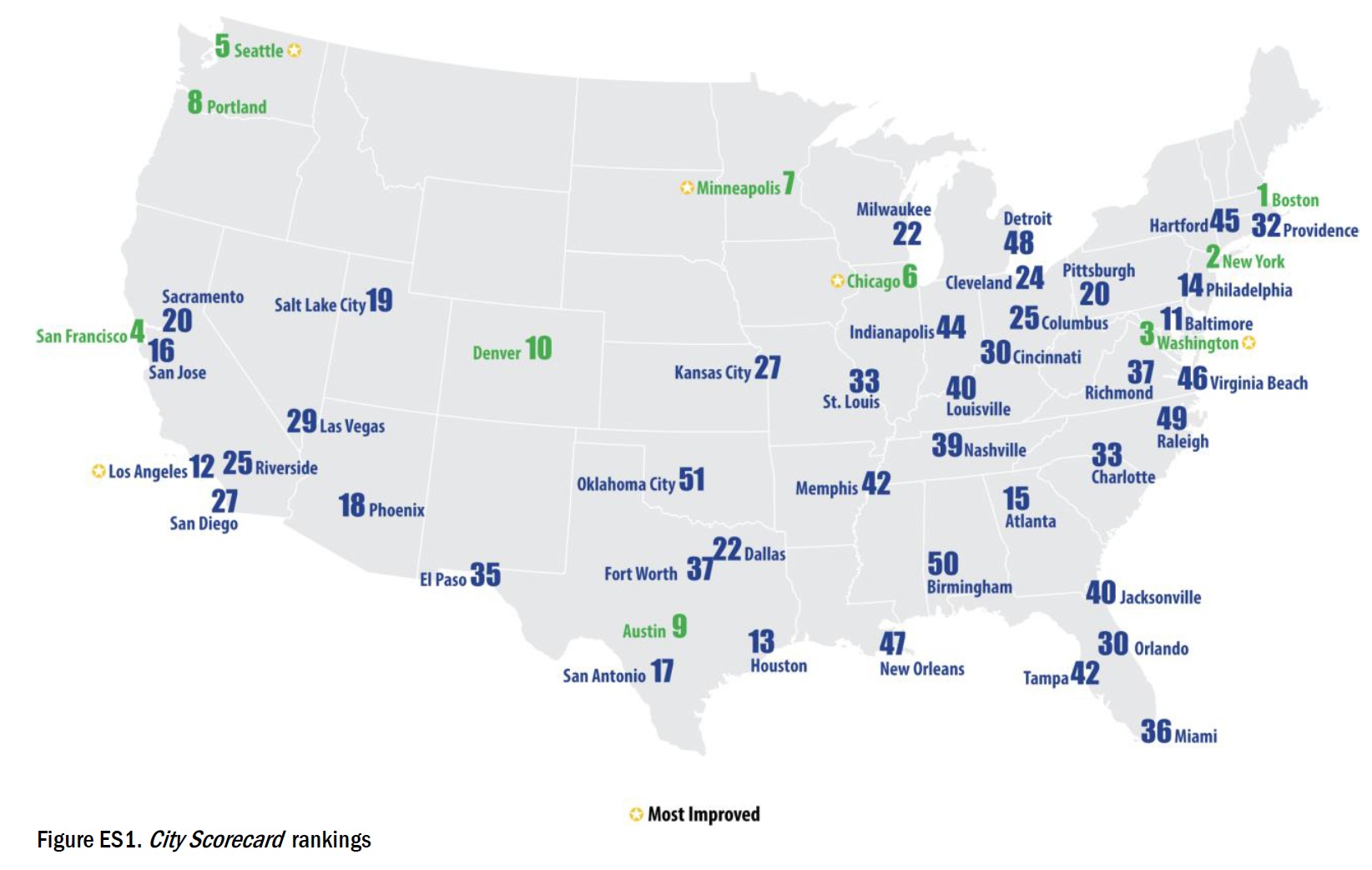
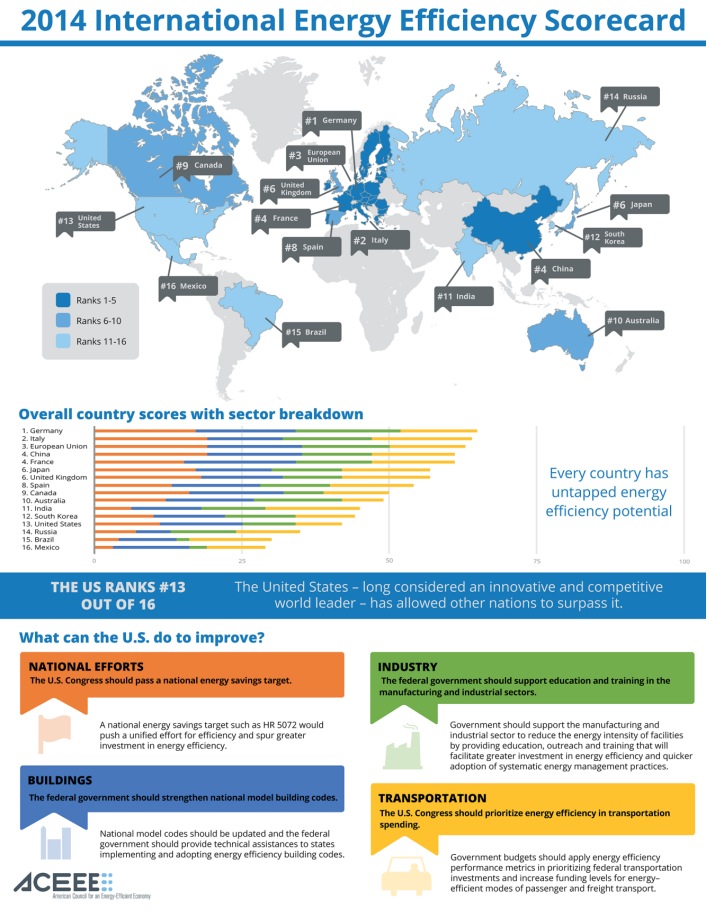
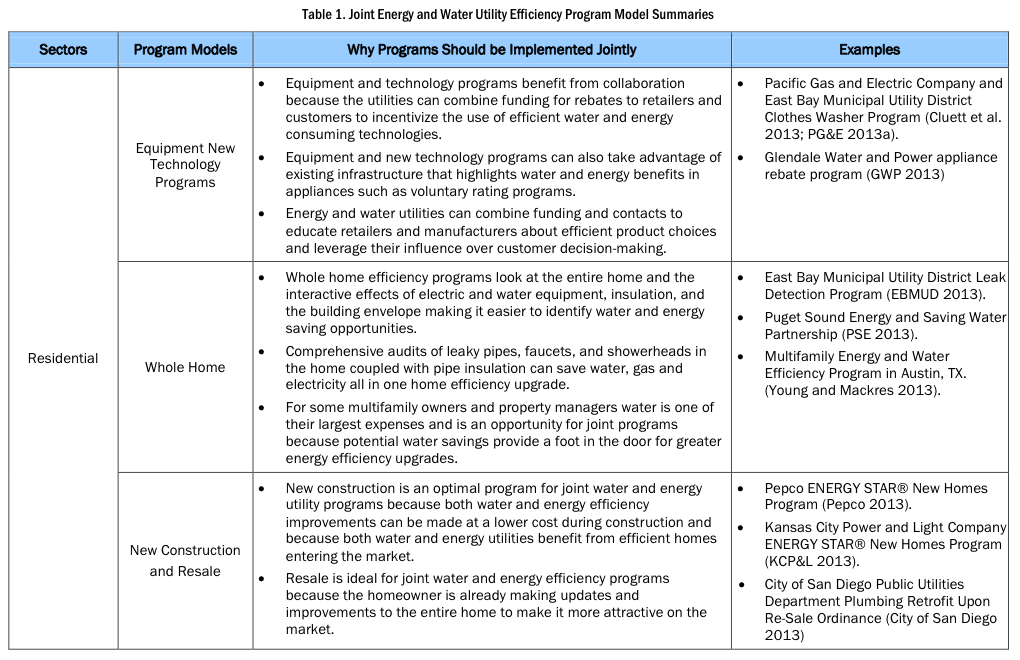
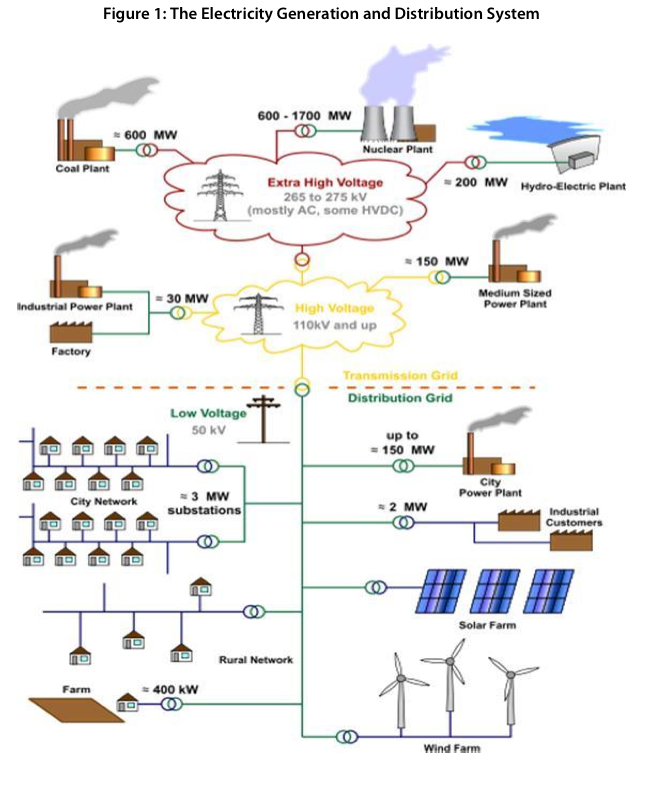

 RSS Feed
RSS Feed